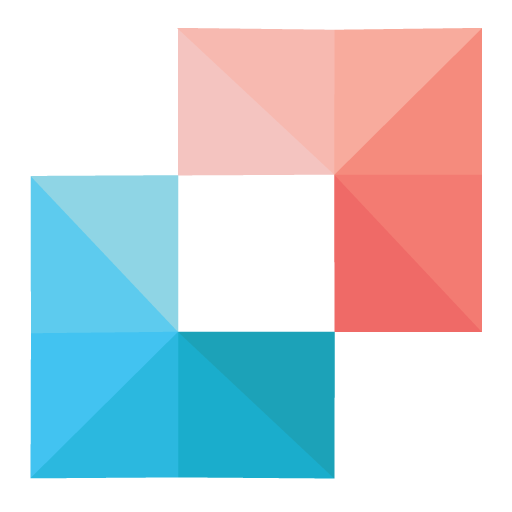
Apache Airavata
Apache Airavata originated from the Extreme Computing Lab at Indiana University then directed by Dr. Dennis Gannon. The concepts and initial versions of the code is a byproduct of over a dozen PhD dissertations and years of research and development efforts. The software is initially envisioned to meet the challenging goals of the [Linked Environments for Atmospheric Discovery (LEAD) project.
Read the story behind the recent LOGO redesign here.
Legacy
LEAD Sience Gateway
LEAD has pioneered new approaches for integrating, modeling, and mining complex weather data and Cyberinfrastructure systems to enable faster-than-real-time severe weather forecasts. LEAD goals required to create a dynamically adaptive, on-demand, grid-enabled workflow system supporting long running applications and on-demand computing. LEAD has subsequently produced close to 450 research publications combined in all disciplines. The resulting software framework was built on the concepts of service oriented architectures powering the LEAD Gateway Portal.
Open Gateway Computing Environments
The Open Gateway Computing Environments (OGCE) adopted the LEAD workflow suite generalized, enhanced, tested and maintained the software evolving into the OGCE workflow suite. OGCE has promoted collaborative software development through SourceForge and has worked together with various universities and Lanka Software Foundation in enriching and sustaining the software.
TeraGrid/XSEDE Science Gateway Programs
The Science Gateways Program within TeraGrid Grid Infrastructure Group and its follow on Extreme Science and Engineering Discovery Environment(XSEDE) has significantly contributed to the enrichment and wider adoption of the legacy versions of the Airavata software. These extensive usage by various science gateways has matured the software and building in fault tolerant capabilities.
Roadmap
Acknowledgements
The code donated to Airavata is developed by research grants to LEAD and OGCE projects funded by National Science Foundation awards ATM-0331480, OCI-0721656, OCI-1032742 and SCI-0503697